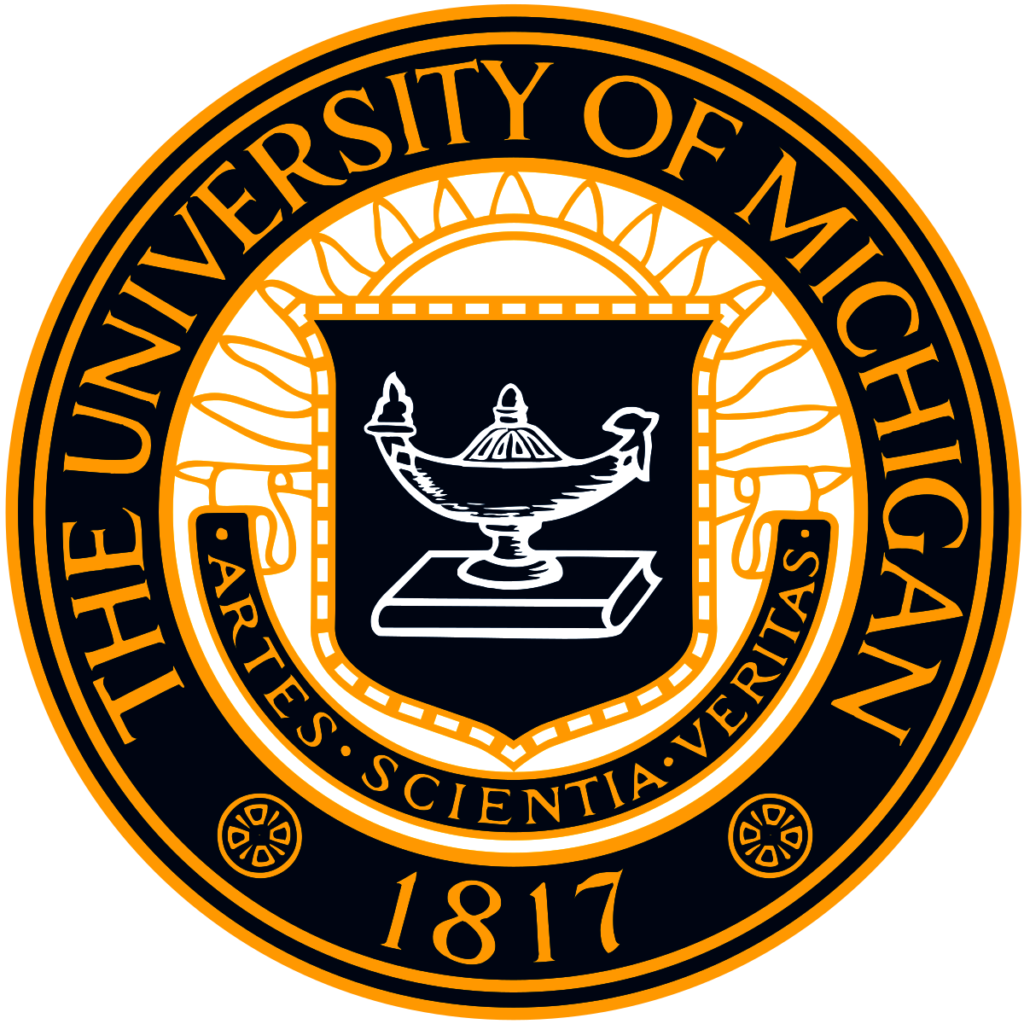By Nora Martetschlager | HAF intern
From October 2019 to April 2020, HAF will have the pleasure of hosting eight interns from the University of Michigan who will participate in the Global Scholars Program (GSP). They will support HAF in addressing one of its major challenges for the future: developing a green bond to attract global investment in Morocco.
HAF has prioritized the creation of investment opportunities for sustainable development projects in Morocco. One way to do this is through offering well elaborated and tailored green bonds and carbon credits to companies, government agencies, non-governmental organizations, and individuals. HAF simultaneously enables investors to find ecologically meaningful investments and raises funds for community projects throughout Morocco. Such projects entail planting fruit and forestry trees and building water systems for households, villages and schools.
The collaboration between HAF and GSP, U.S.-based initiative, will primarily be virtual. The first Skype conference took place on Thursday, October 10 to elaborate on the expectations, goals, and objectives for all participants of the project. During the call, HAF President Dr. Yossef Ben-Meir highlighted the need for a green bond and Morocco’s engagement in the carbon credit market.
He explained that rural communities which rely on traditional farming practices are most negatively affected by poverty and face common challenges: insufficient capacities to achieve their opportunities; a lack of water or sanitation infrastructure; high rates of attrition among school-aged girls, and environmental degradation. Many of these problems arise when farmers repeatedly plant the same crops, typically barley and corn, and profit very little. By diversifying their crop and planting high quality organic fruit trees, rural farmers could optimize their land and efforts, increasing their income many times over. “The farmers here are sitting on gold,” says Dr. Ben-Meir. Increasing revenue would also enable more girls to continue and finish school.
Since 2014, HAF has planted trees with communities all over Morocco in partnership with Ecosia, the High Commission of Waters and Forests, and the UNDP. The number can grow tremendously with additional investments through green bonds and carbon credits. However, the development process will not be without challenges to be overcome.
To effectively sell carbon credits the amount of carbon the trees sequester have to be monitored. Therefore, tools are needed that enable farmers, even those in remote areas, to monitor their own trees. To enter the green bond market, a general knowledge about green bonds is needed. How do they work and what do they look like? What paperwork is needed for investors and banks to invest in green bonds? And how can they be used to support HAF in developing sustainable projects which communities prioritize?
These are some of the questions HAF hopes to answer with the help of the highly motivated and talented students of the University of Michigan who represent a diversity of academic focus areas (e.g. economics, public policy, finance, statistics, gender studies, public health).
HAF looks forward to a mutually beneficial, transatlantic collaboration which will culminate in a final presentation on how we can begin to utilize green bonds for the benefit of sustainable development and prosperity in Morocco.
By Stefano Dessena | HAF Volunteer
By Camelia Harkousse | HAF Intern
Project reports on GlobalGiving are posted directly to globalgiving.org by Project Leaders as they are completed, generally every 3-4 months. To protect the integrity of these documents, GlobalGiving does not alter them; therefore you may find some language or formatting issues.
If you donate to this project or have donated to this project, you can receive an email when this project posts a report. You can also subscribe for reports without donating.
Support this important cause by creating a personalized fundraising page.
Start a Fundraiser